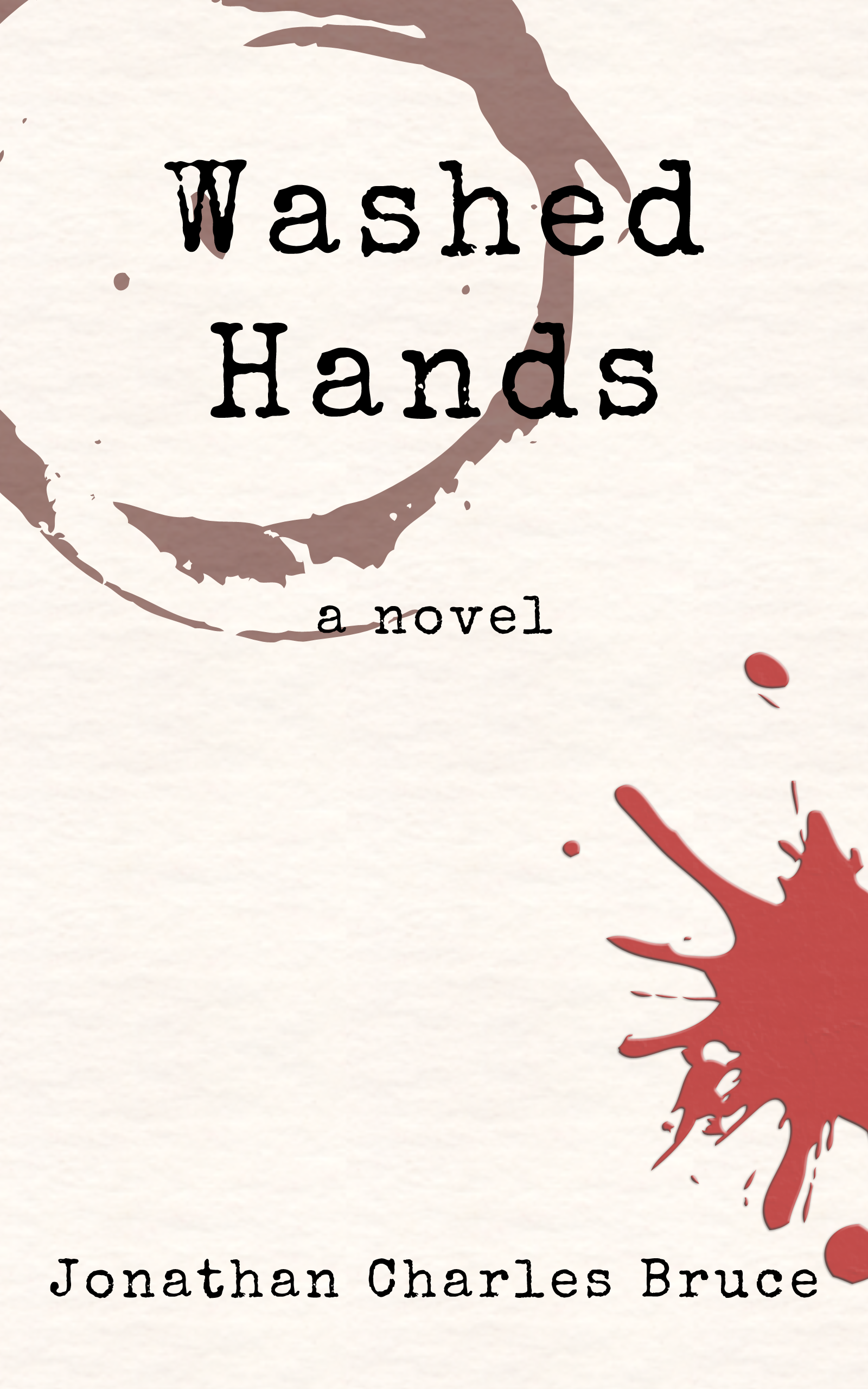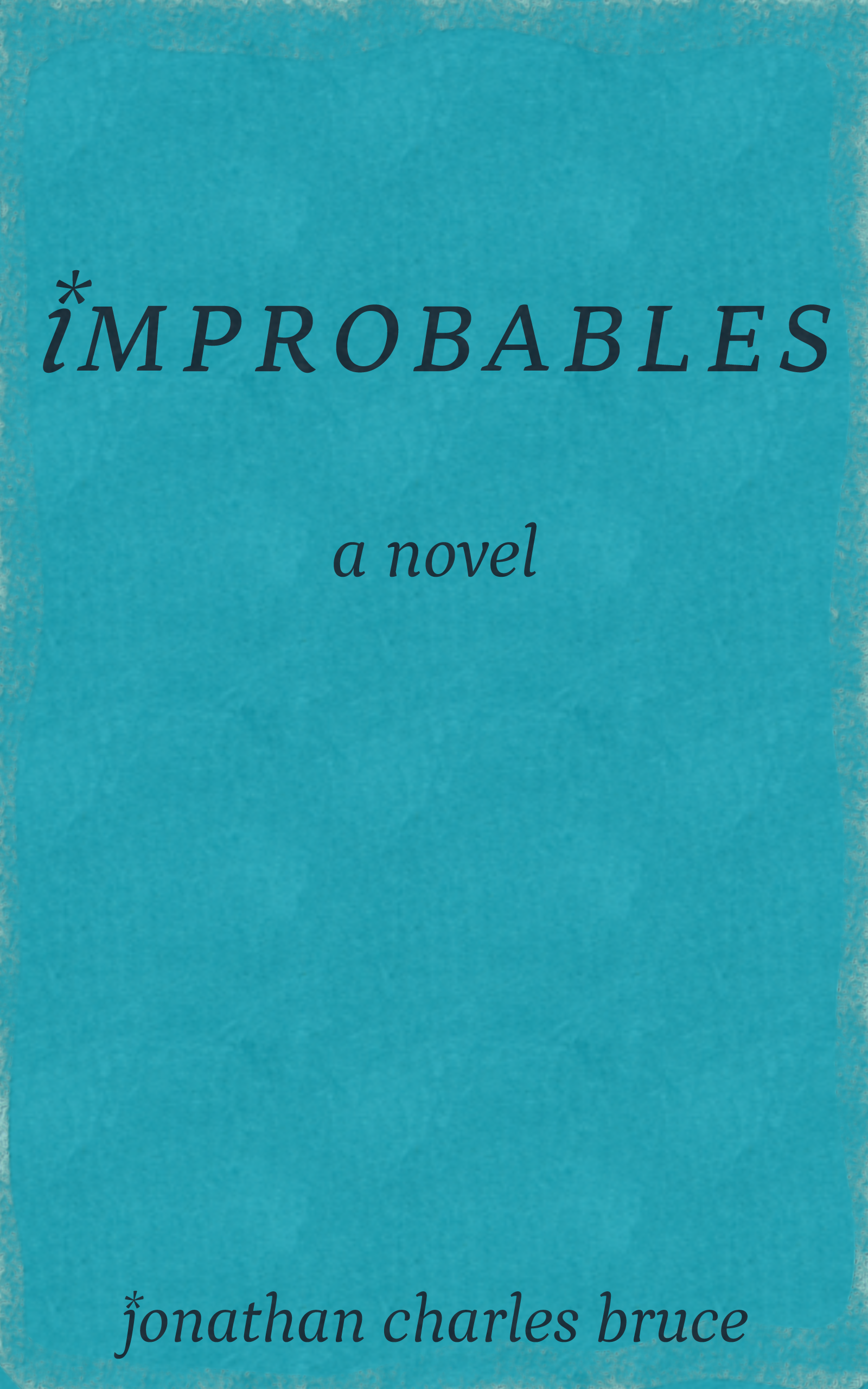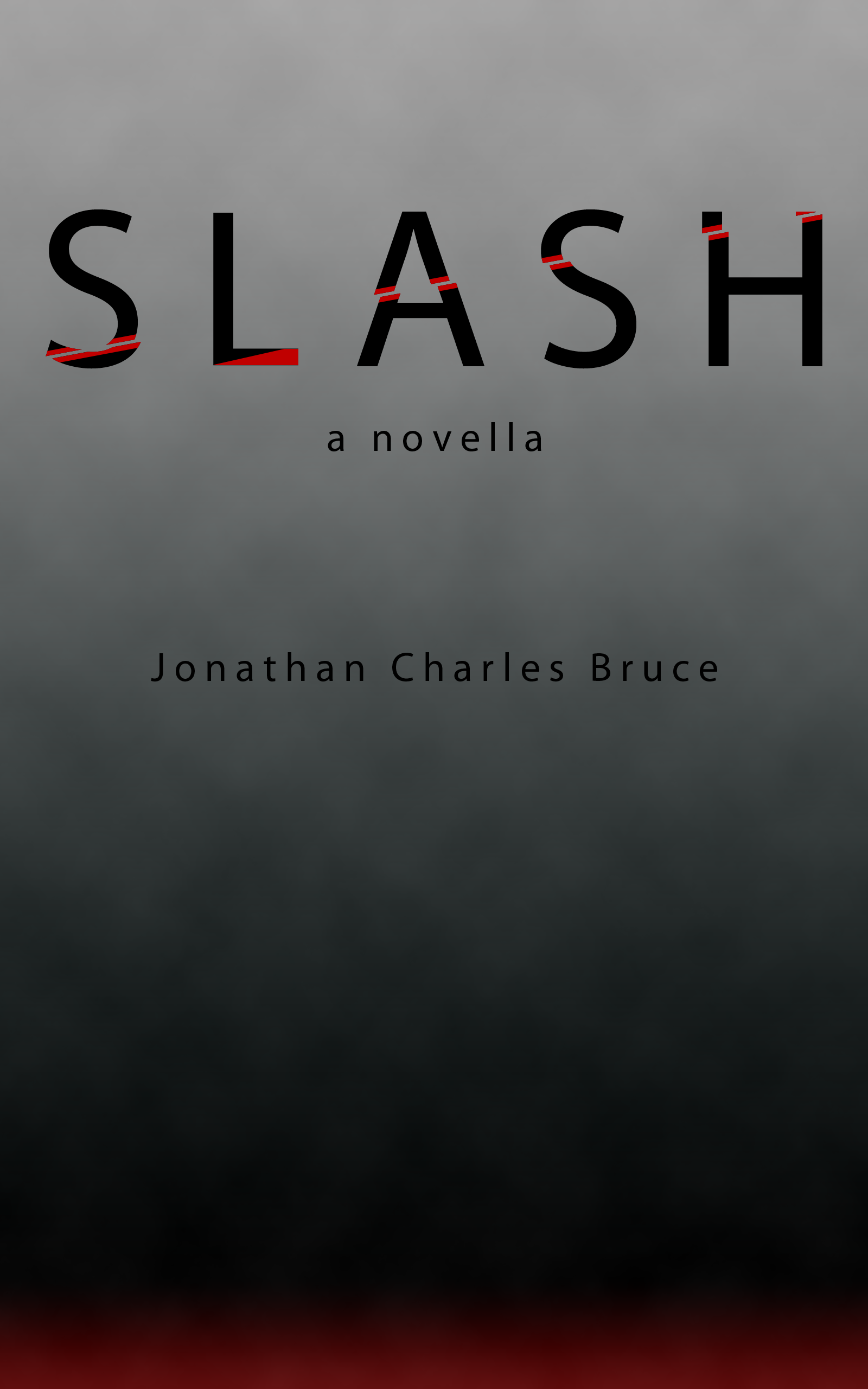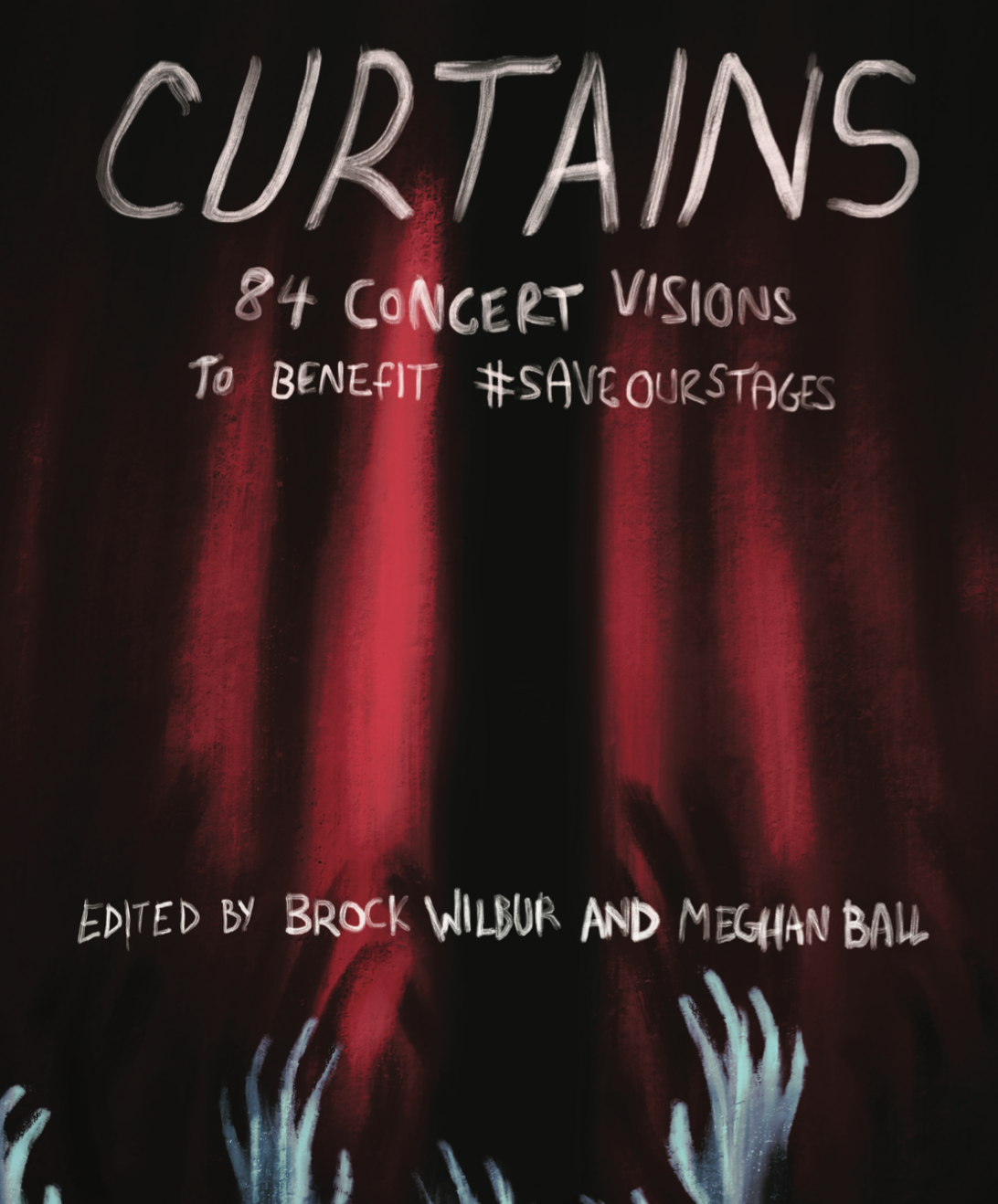On Context
As a historian who only found his love for history in college, I am all too aware of the need for context. After all, history before any upper-division courses is a contentious issue. How do you teach something as insidiously subjective as history? While it seems that it should be one of the more objective subjects, therein lays its trickery—while we have certain verifiable moments, even those variables are open to interpretation. The whys of history defy ease of explanation and categorization, muddying something that many would prefer to be clear.
It’s this muddiness that makes for a rich tapestry of ideas and conflicting interpretations. Borne from this is our meaning, our lineage, and clues to how to proceed in the face of chaos. However, as I am fond of reminding my students, history is messy, hard, and bleak. Context defies the lionization of heroes and makes our enemies human.
Context in this discipline is always controversial, but perhaps at its greatest when it comes to elementary and high school children. Placating those who cry “Think of the children!” at the slightest hint that a child may think for themselves has left the proto-historians of primary and secondary schools faced with only the most verifiable of past detritus. Names. Dates. Locations. Humanity is lost.
In other words, the context is stripped.
This isn’t a post on discovering the glory of history in college. No, this is actually about a disconcerting trend in critiquing media. I offered the above to show that I do, indeed, value and understand the importance of context and do not wish to see it maligned.
Responsibility in Creation and Consumption
While it has been going on for a long time, I’ve been seeing a lot of people rush to defend something they like by utilizing the “You’re taking it out of context” defense. That is to say, the person doing the critique is accused of purposefully stripping away details that change how we interpret the work in question. It’s a ploy used frequently by politicians who either have a chronic inability to say what they mean or say exactly what they mean, but don’t wish to be held accountable for it.
A recent and popular example of a book frequently defended in this manner is 50 Shades of Grey, which you have definitely heard of if you exist. If you want a lengthy breakdown of the litany of abusive behavior displayed by the “hero” of the story, you can check out Jenny Trout’s chapter-by-chapter analysis. Long story short, there’s a lot of behavior that is questionable at best and clearly abusive at worst.
Now, I’m not saying that if you like the book that you’re an advocate for abuse or anything like that—you are perfectly allowed to like things that others find distasteful. Hell, you can even like things that you personally find gross in other situations—you’re a human being and can entertain thoughts are at odds with each other.
Where this becomes an issue is when someone inevitably defends inherently abusive behavior by using the “context” defense. It’s an argumentative hand wave, a dismissive pseudo-critique meant prevent further analysis. This is especially frustrating when it falls back on “That’s just how the genre works.” It moves beyond attempting to ameliorate toxic ideas/behaviors/actions with the content itself and calls forth hypothetical meta-context, the ur-rules of all fiction. It claims that at certain times and places, deplorable things are laudable solely because the invisible hand of genre says so. It is as it always has been and always will be.
What context is revolves around the intimate details of the world around events—the motives, what is known and what isn’t, the emotional states of the characters, etc. It may give insight to the rationales behind difficult choices or loathsome actions, but doesn’t automatically excuse them. Context isn’t, and never should be, an appeal to tradition. Genre conventions exist for a reason, but shitty conventions are still shitty, no matter how much they sell.
Creator/Consumer Agency
The abuse of context as the be-all-end-all defense of a work of fiction’s faults tends to coalesce around the idea that there are sacred rules that all authors are bound by. Failure to follow these rules will result in something unreadable or something so unrecognizable as to be pilloried for centuries to come.
But the context defense of fiction is not actually about the work—it’s meant to make the consumer feel better about liking something. It takes their capacity to respond actively to something and flushes it away in favor of the passive experience. Coincidentally, it also lets a consumer feel appropriately educated—they are savvy in genre conventions in a way that the critic isn’t. It celebrates the loss of agency while allowing one to pat themselves on the head for being oh-so-smart.
The defense also works to completely reject the agency of authors as creative forces. In doing so, of course, it also suggests that authors should never take responsibility for the reinforcement of stereotypes, casual racism, or other unpleasant aspects that pop up in their works. After all, it’s not really their fault, is it? The gods of genre have demanded they have a virginal/re-virgin deflowered by the nebulously defined “alpha”. IT MUST NOT BE CHALLENGED.
If we follow this to its logical conclusion, though, genre authors should never take credit for their work, either. You don’t get to reap the rewards of something and shirk responsibility for perpetuating sexist/racist/bullshit tropes. Of course, you’d never see someone turn down the paycheck for following the unbreakable dictates of THRYAXIA, MISTRESS OF LADY BONERS.
Fear of the New, Fear of Empathy
I don’t mean to be kicking around romance as much as I am. So I guess we’ll switch gears and give other prominent examples:
The superhero genre!
READER A: “I don’t really understand why the dudes are covered from head to toe in body armor while the ladies are typically pantsless and have their faces revealed to anyone interested in staring.”
READER B: “That’s just the genre. And what about that guy? He’s shirtless.”
READER A: “That’s so not the same thing.”
READER B: *unintelligible shriek*
The fantasy genre!
READER B: “That’s just the genre! It’s supposed to be reflective of medieval Europe!”
READER A: “First, dragons and giant spiders are accurate, but people of color are somehow impossible to grasp? Second, you’re basing this on a fundamental misrepresentation of history.”
READER B: “Well, I hope you like racism with the context defense, because here it comes!”
This isn’t to say that there aren’t counter examples available. But change is slow and met with harsh resistance. People go to great lengths to keep things in safe zones where their ideas go unchallenged or blatantly reinforced. Whenever a hashtag trends calling for more diverse fiction or someone has the audacity to suggest maybe seeing some variety in human characters in a video game, there is sustained backlash from those who see no problem with the way things are. And when every other so-called “logical” argument has failed, “That’s just the way the genre works” is trotted out.
“We tell these stories this way because we have always told stories this way.”
Well, then. I guess we should all just go home.
To Save Context, We Must Destroy Context
The point is, there are a lot of really, truly stupid and potentially damaging things that are used unquestioningly because they somehow manage to abide by the conventions of the genre (or, on the surface, they appear to do so). But here’s the thing: genres are a human invention—the only thing that will happen if you break these traditions is that boring and/or terrible people will be angry that you undermined their expectations. And is that who you wish to placate?
So here’s my challenge to you, readers and content creators: instead of relying on genre conventions to be your escape button, deny that to yourself. Pretend the work you’re making/reading is the only one of its kind. How would others see this?
In other words, strip away the context, don’t add to it. Alternately, add other context to it—if this plot point/action/description/whatever were to appear in another kind of work, would this raise a red flag? Why? What would need to be changed to address this?
This is actually a form of an exercise I do in my lower division course. In class, however, the task is distilled into its purest form. I have a list of the elements people have raised the most concern about in a given work that has and continues to receive the “context” defense. There is enough description to let people know what exactly the issue is while still keeping everything as neutral as possible. From there, the challenge is thus:
What kind of context would make this scenario okay?
If you can’t work backwards and “fix” it, or if the best you do is “that’s just genre fiction”, then you probably shouldn’t have it in the first place.
I know this isn’t a perfect fix—every system has limitations and possible abuses. This, for instance, seems to have more utility in examining character interaction than larger-scale issues. It can also welcome another dismissive argument variant—the “because the creator needed it to be that way”. Or maybe I only see it that way because I’m tired. At the very least, it allows us a different avenue to think about the things we love critically. I think that’s a definite win.
< PREVIOUS ENTRY • NEXT ENTRY >
Advice • Fiction • Gaming • General Musings • Reviews





